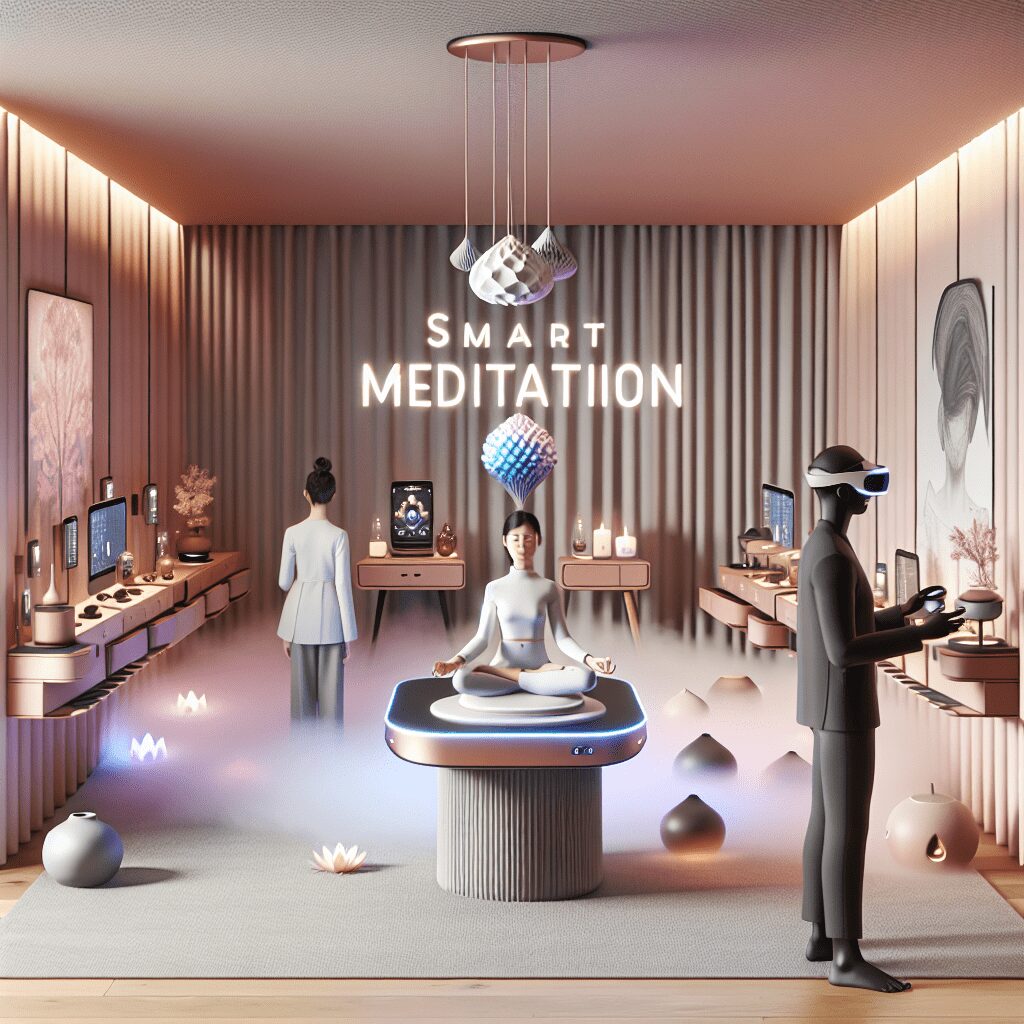
Prioritize your mental well-being daily. Enhance your life by nurturing your mental health with the Smart Meditation app. Break free from stress, alleviate anxiety, and enhance your sleep quality starting today.
Can Sleep Apnea Contribute To Eye Problems?
Unraveling the Link Between Sleep Apnea and Vision Troubles
When we think about sleep apnea, the first images that often come to mind include snoring, gasping for air in the middle of the night, and excessive daytime sleepiness. However, what many don’t realize is that this common sleep disorder could be playing a sneaky role in harming more than just your sleep quality—it might be throwing a wrench in your eye health too. Diving deep into this topic, we explore the intricate connection between sleep apnea and various eye conditions, shedding light on what you need to keep an eye out for (pun intended).
A Closer Look at Sleep Apnea’s Impact on Your Peepers
First things first, what exactly is sleep apnea? In a nutshell, it’s a disorder characterized by repeated interruptions in breathing throughout the night. These stoppages can occur dozens or even hundreds of times, significantly diminishing the quality of sleep and, as it turns out, potentially impacting your eyes in the process.
The Pressure’s On: Glaucoma Connection
One of the most talked-about eye conditions associated with sleep apnea is glaucoma. Here’s the deal: obstructive sleep apnea (OSA) can lead to intermittent hypoxia (fancy term for your body not getting enough oxygen), which could, in turn, increase intraocular pressure—a significant risk factor for glaucoma. Glaucoma sneaks up on you, compromising your vision gradually, often without any early warning signs. It’s a bit like having a silent burglar slowly taking away your sight.
Floppy Eyelid Syndrome: More Than Just a Quirky Name
Ever heard of Floppy Eyelid Syndrome (FES)? It sounds peculiar, but it’s no laughing matter. FES is a condition where the eyelids are, well, floppy, making them easily turned inside out. Oddly enough, there’s a strong correlation between FES and sleep apnea. Patients with sleep apnea often find themselves waking up with irritated, itchy, or watery eyes—a direct consequence of FES.
Retinal Concerns: The Hypoxia Hazard
Research suggests a link between sleep apnea and retinal diseases like retinopathy, particularly in individuals with concurrent conditions like diabetes. The underlying cause? Yep, you guessed it—the intermittent hypoxia. This lack of oxygen can wreak havoc on the retina, the part of your eye responsible for receiving light and transforming it into neural signals for the brain. Over time, this can lead to compromised vision, and trust us, that’s not something you want to turn a blind eye to.
So, What’s the Verdict?
If you’re snoring like a chainsaw or constantly groggy during the day, it might be a good idea to chat with your doc about getting checked for sleep apnea. And don’t forget to mention any funky business going on with your eyes—it could be related. Taking proactive steps to manage sleep apnea not only can help you catch more Z’s but also may safeguard your sight. That’s a win-win in our book.
At the end of the day, the eyes are the windows to the soul, and sleep apnea could be throwing dirt on that window. Regular check-ups with both your sleep specialist and ophthalmologist can help keep the glass clear, ensuring you won’t miss any of life’s beautiful views. Keep those peepers healthy, and you’ll be wide-eyed and bushy-tailed, ready to tackle what life throws your way.





